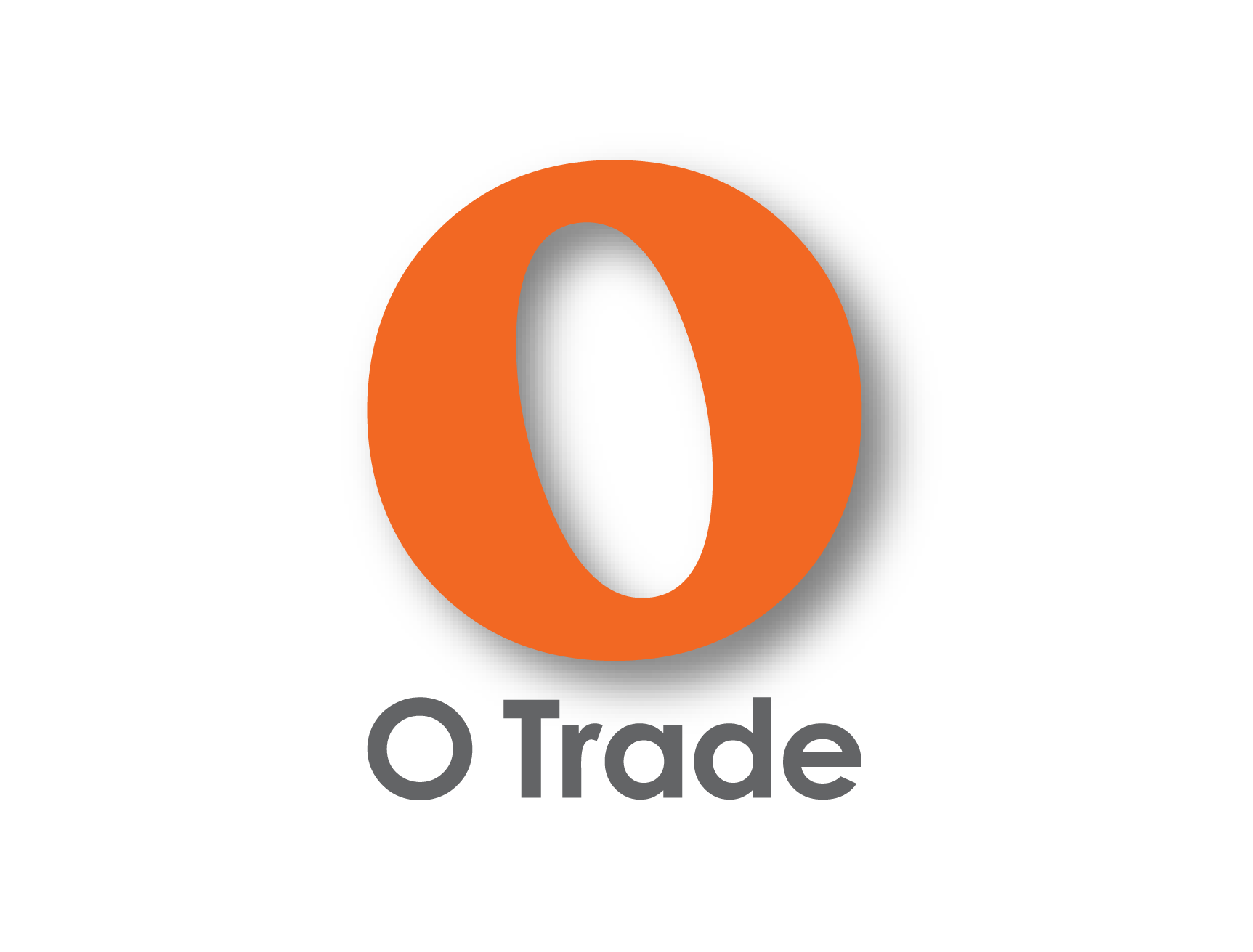A Savvy Investment
March 6, 2019
Monica published an article in the February print edition of the Supply Professional Magazine.
https://www.supplypro.ca/features/a-savvy-investment/
Today, discussions about sourcing and procurement include the issues of ethical sourcing, human and labour rights, social impact, stakeholder engagement, and supporting local communities. They all relate to responsible supply chains. So, why is there general concern about responsible supply chains? Unfortunately, the world has become less peaceful in recent years, mostly due to social conflicts and failed states.
When translating to the impact in supply chains, social conflict leads to risk in production, less safety in mobilizing workers and goods and withdrawal of investors. Studies from the World Bank show that conflict reduces the global GDP (gross domestic product) growth by two per cent, per year. The Institute for Economics and Peace reports that violence cost the global economy $14.8 trillion in 2017. Buyers have started looking at the social issues more closely than ever before, using their purchasing power as an instrument to demand quality and improvement of the working and living conditions of people employed in supply chains.
Companies in the consumer goods industry are at the front lines of public opinion, because they are close to the final consumer that uses the power of social media to expose wrong doing, risking companies’ reputation. This proximity makes these companies care about marketing, packaging, meeting environmental, health and safety specifications as well as demonstrating support for causes those consumers care about the most. For example, the coffee and cocoa industries demonstrate how consumer power has been the force behind the success of the fairtrade movement in agriculture.
The case is slightly different for industrial goods producers. Buyers will demand that suppliers demonstrate good practices through quality assurance programs, environmental, health and safety certifications and the compliance with labour and human rights, among other certifications.
But unlocking good practices in the entire supply chain—from raw materials to components—is a major task. It is here, where players are forced simply to trust each other, leaving space for risks. For example, consider heavy equipment and imagine how difficult it will be for buyers to verify good practices in the entire production process. They will have to enquire from the sources of the minerals and metals used in the equipment, to the smelters in which those minerals and metals are processed, on through product design, manufacturing and assembly.
Responsible sourcing is the result of a complete engagement process, in which companies assume the responsibility of being a trusting partner. These companies look to build efficiencies and have a meaningful impact on communities, resulting in long-term sustainability solutions and improvements to their reputation.
Below are five points of analysis to take into consideration when you assess how your company is performing in the area of responsible sourcing.
Unlock the supply chain
Companies that work on unlocking their supply chains display good management, because they are engaged in risk management and demonstrating a commitment to quality and sustainability. Through a professional engagement process, companies assess the risks and capacities of suppliers. As a result, they source from reliable partners, ensuring non-disruption in production, best practices around human and labour rights, quality of materials and cost efficiencies.
Engage your team in understanding your supply chain
The diverse expertise of your team will lead to a professional risk and opportunity analysis. This analysis should include country of origin, top efficiencies and opportunities for collaboration with partners. By bringing the talent and knowledge of your team—engineers design, developers build, marketers understand the customer mindset, and logisticians deliver—your company will be able to define the best approaches to responsible supply chain.
Study the risks and global trends in your industry
Research major threats or global trends in your sector and in countries where you source your products, services and raw materials. Don’t be surprised to find socio-political risks as well as restrictions on trade and environmental regulations. In your study, consider how the risk of social conflict might impact your operation. Well-managed companies have mapped the risks in their supply chains. They find sustainability solutions that both improve production quality and bring benefits to the impacted communities.
For example, Phillips’ approach to challenges in their supply chain demonstrates good practices. It is working on making its supply chain “conflict-free.” The company wants to avoid the use of conflict minerals. Conflict minerals are minerals mined in conditions where armed conflict and human rights abuses occur. Minerals such as tungsten, tantalum, and tin (known as 3TG) are used in the production of electronic devices that Phillips manufactures and are mostly mined in the eastern region of the Democratic Republic of the Congo (DRC). In order to build responsible supply chains, Phillips is committed to purchasing only raw materials traded through official channels and offers the positive involvement of local communities that depend on these exports.
Engage with your partners and suppliers
Learn about their approach to social risk in their supply chain and join them if they are investing in best practices that support overall effort to act responsibly. Don’t miss the opportunity to invest in improving the working and living conditions of people working in your supply chain. This not only builds efficiencies for the operation, but also indirectly contributes to the wellbeing of hundreds of families impacted.
Visit suppliers’ regions
Your firsthand observation will give you a real understanding of your purchasing power and will open avenues for collaboration with local partners. Your success in ensuring responsible supply chains depends on the engagement process that assesses and mitigates risks, maximizes capacities, builds efficiencies and contributes to social development.

Monica Ospina, founder and director of O Trade.
About O Trade
O Trade is a socio-economic development firm with over twenty years of expertise in designing and implementing strategic ESG solutions to assist the private sector in partnering with local stakeholders. Contact us by emailing info@otrade.ca or calling +1 647 201 3161 to discuss how Capacity Mapping™ can support your business endeavors.
